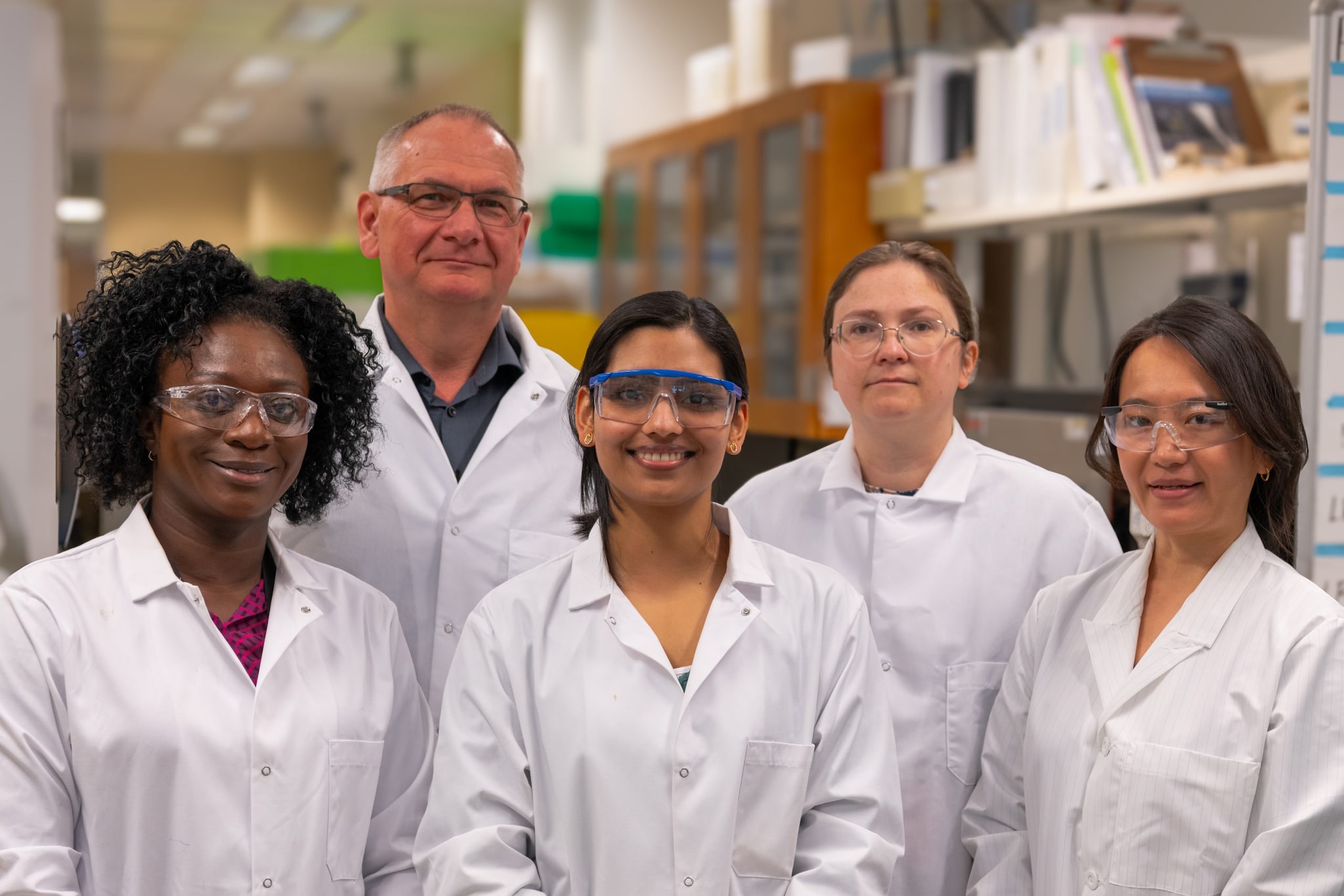At a glance
CDC's Division of Laboratory Sciences (DLS) enhances Americans' health by developing tests and using them to detect diseases and for chemical exposures. We also assisting labs in test quality improvement and respond to health crises. We collaborate with US government agencies, state and local health departments, academic institutions, community groups, philanthropy foundations, and international organizations.

Our mission
Provide laboratory support that improves the detection, diagnosis, treatment, and prevention of environmental, tobacco-related, nutritional, newborn, selected chronic, and selected infectious diseases.
Provide laboratory support that improves the rapid and accurate detection of chemical threats, radiologic threats, and selected toxins.
Priorities
The National Biomonitoring Program
Provide laboratory science that improves the detection, diagnosis, treatment, and prevention of disease resulting from exposure to environmental chemicals.
CDC's Second Nutrition Report
Improve the laboratory detection and diagnosis of nutrition-related disease, cardiovascular disease, and other chronic diseases and provide laboratory support for influenza and selected infectious disease projects.
The Newborn Screening Laboratory
Assure the early and accurate laboratory detection of treatable congenital disorders in newborns.
The Chemical Threat Agents and Toxins Laboratory
Provide effective laboratory support for the public health response to chemical threat agents and threats involving selected toxins.
The Radiologic Threat Agents Laboratory
Provide effective laboratory support for the public health response to radiologic threat agents.
The Tobacco Laboratory
Provide laboratory science that helps reduce individual and population exposure to addictive and toxic substances from tobacco products.
Laboratory Quality Programs
Clinical Standardization Programs
Clinical Standardization Programs improve the accuracy and reliability of laboratory tests for key chronic biomarkers.
Laboratory Quality Assurance Programs
Laboratory Quality Assurance Programs help to ensure the quality of laboratory test results related to newborn screening disorders, nutritional status, and environmental exposures.
